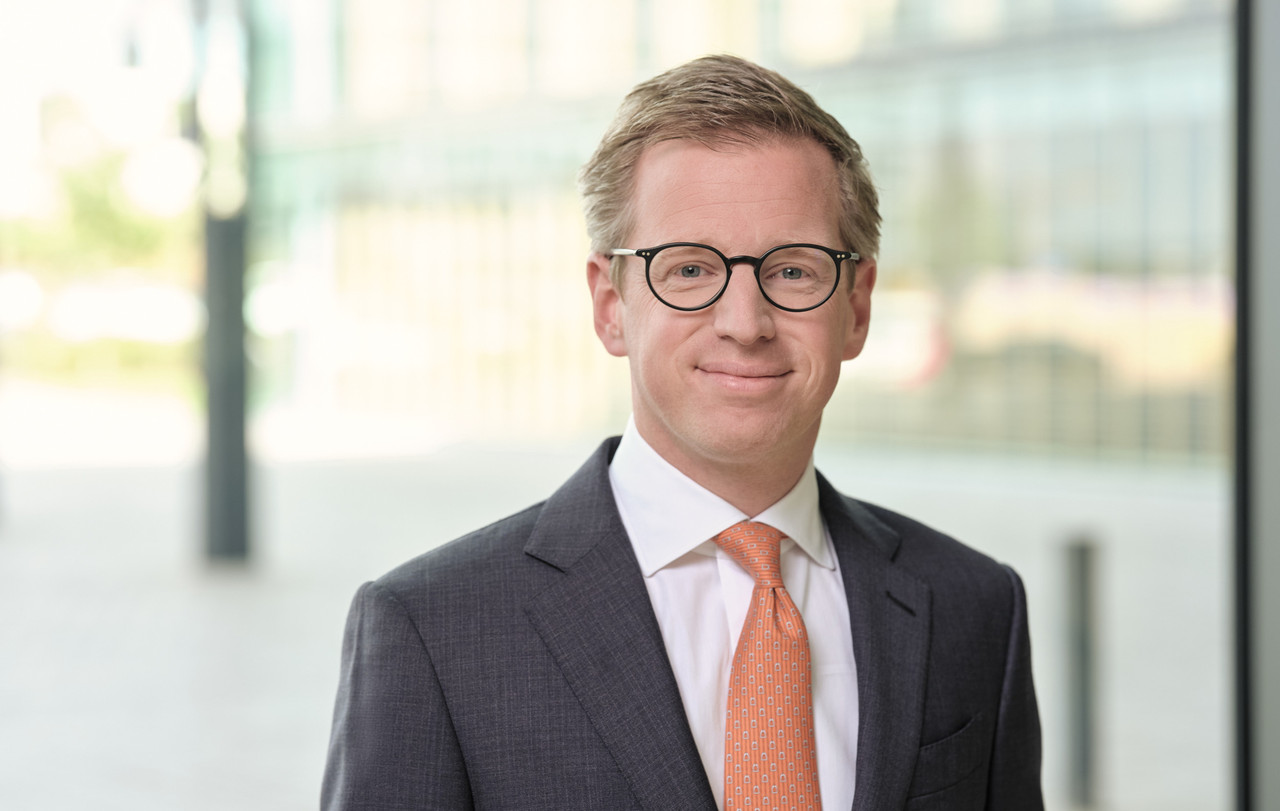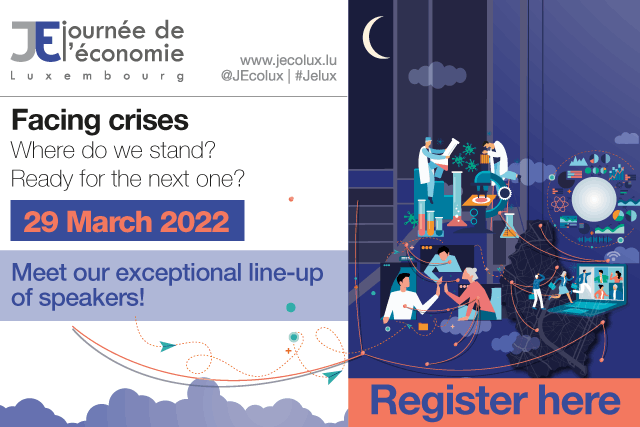What has been the reason for your/C’s association with the Journée de l’Économie for several years now?

What is your/the vision for this year’s topic?
“This year’s topic was motivated by the fact that all countries in the world have been – in the last 24 months – in ‘tête dans le guidon’ mode trying to manage, as best as they could, an unprecedented crisis with no direct culprit to blame; however, very few (if any) have undertaken a real ‘retour d’expérience’, i.e. to understand in-depth what we can really learn from this unique experience – not to blame the past, but to be better prepared for the next crisis. Without avoiding the difficult questions, like the tension zone between public health and economic success, the limits of the freedoms we enjoy in our western democracies, the extent to which a government can and should help the economy recover while building up a debt burden for the next generations, how our world governance fared in the face of a global crisis, etc.
Yesterday’s crisis was Covid, today’s is Ukraine. What will tomorrow’s crisis be?
“That’s the reason why the topic is so critically important: the next crisis will certainly be around the corner and – as Nassim Taleb already pointed out – these tail events happen more frequently than expected. Also, as the human population increases and our economic growth model faces the finiteness of some essential resources, the overall volatility of our environment increases. It’s very difficult (impossible) to predict exactly the nature of the next crisis: which is why it’s better to improve our autonomy, resilience and agility so that – whatever the next crisis is – we stand a better chance to overcome it! ‘Crisis management as the next normal’ is how we could put it.”

